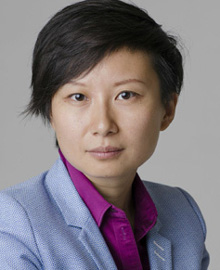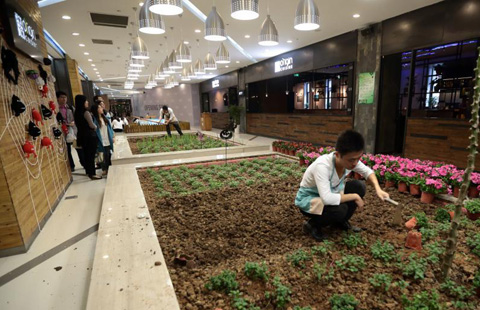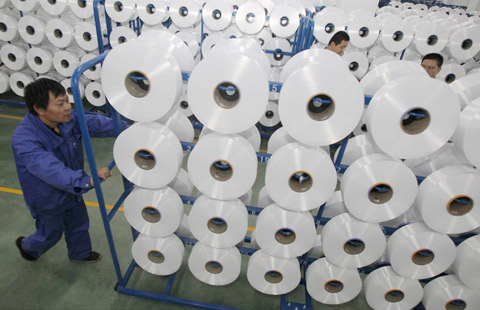When less might actually mean more
(China Daily) Updated: 2014-10-28 07:26A1: As growth in the third quarter came in better than we expected, the carry-over effect alone calls for an upward revision to our forecast for the fourth quarter.
|
 |
|
Yao Wei, chief China economist at France-based Societe Generale SA |
While domestic demand may see a modest pickup as a result of easing policies on the monetary front and in the real estate market, external demand is unlikely to surge further.
Our fourth-quarter forecast is 7.3 percent and our full-year figure goes up to 7.3 percent from 7.2 percent.
A2: There is no change to my view that structural growth deceleration will continue, because debt deleveraging and excess capacity (including in the housing sector) weigh on investment.
The better-than-expected GDP outcome in the third quarter probably did not provide much relief to policymakers, since there have been more liquidity injections and housing sector easing policies since the start of the third quarter this year.
A3: On the other hand, the data - at least on face value - do not justify grand easing measures such as policy rate cuts or required reserve ratio cuts for banks.
In other words, Beijing will stick to measured and targeted easing.
A4: Infrastructure investment has limited scope to accelerate amid slowing fiscal revenue (including land sales) and well-intentioned fiscal reform.
Despite calling for more infrastructure investment, the central government has announced concrete reforms intended to cap local governments' off-budget borrowing.
In this case, what is good for the long run could turn out to be rather painful in the short term.
- Investors welcome 'Apple-Alibaba marriage'
- China's property loans growth slows
- China's Huawei signs Santos sponsorship deal
- Huge commercial property site set for west Beijing
- Shopping mall develops farmland to promote green lifestyle
- New rules coming for smartphone apps
- Top 12 economic data of China in Sept
- Cook, Ma talk marriage of mobile payments
















